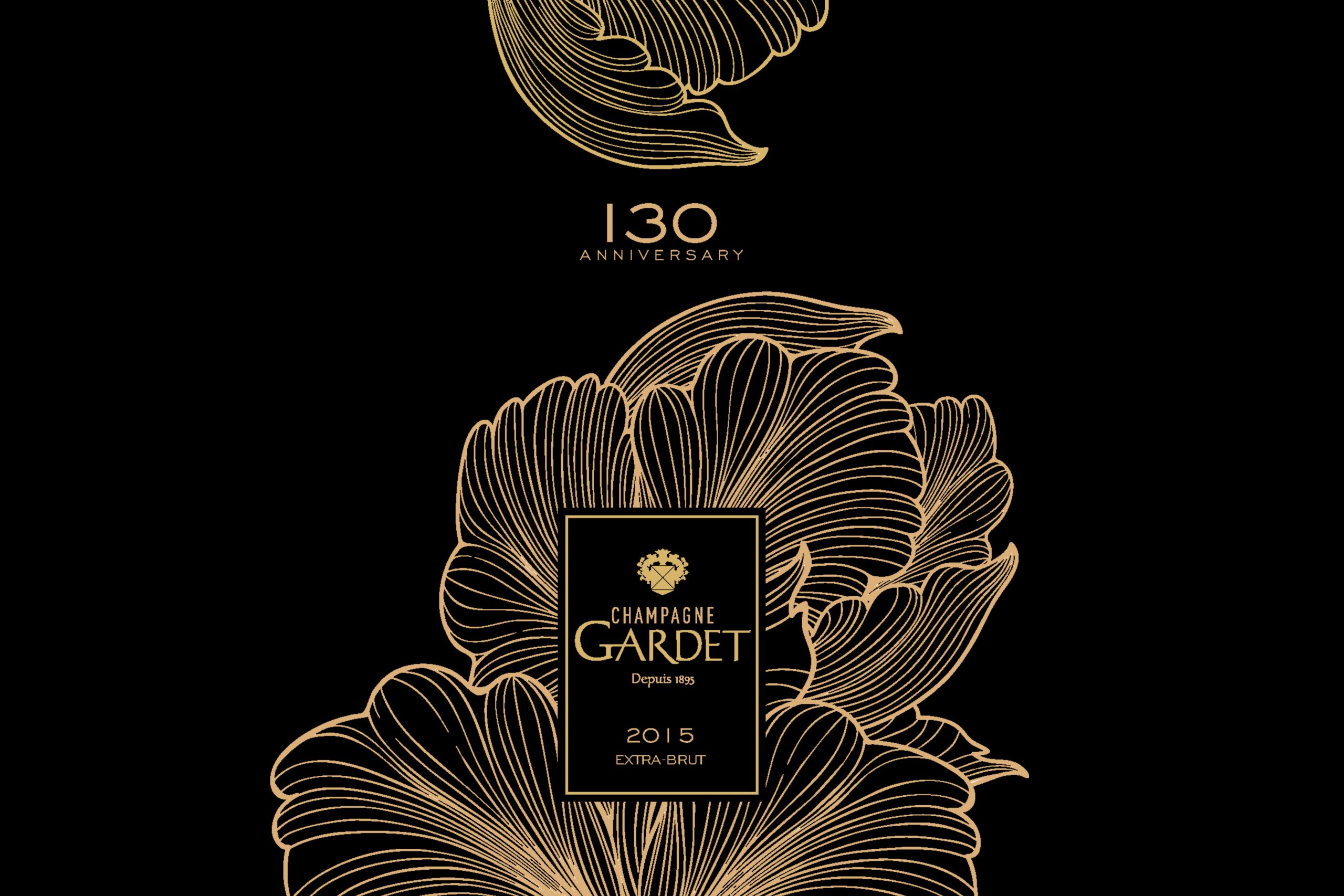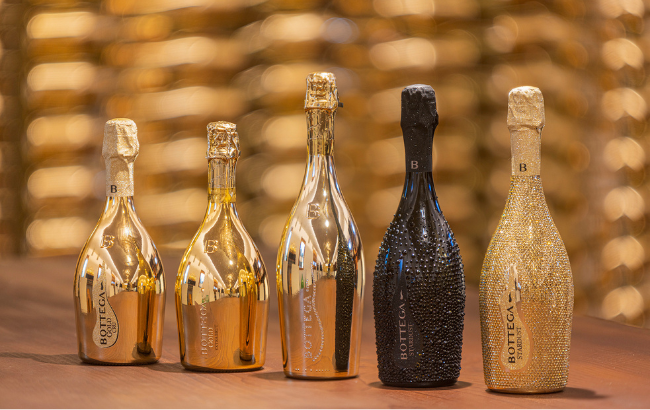On-trade interview: James Fryer
By Darren SmithThe beverage director for Michelin-starred Portland and sister restaurant Clipstone says restaurants need to be clever and curious to keep their wine prices accessible.
At Michelin-starred Portland, James Fryer’s single-bottle list offers smaller than average margins in order to encourage diners to “have fun”
Recently a flurry of food and wine writers have made headlines with their strident claims that restaurant wine lists in London are an unpardonable swindle. Observer critic Jay Rayner has complained of “shameless mark-ups”, while Bruce Palling, writing in The Spectator, went as far as to call London the rip-off capital of the wine world. His conclusion was that wine lovers were better off avoiding restaurants altogether and instead buying their favourite wine from a good merchant and enjoying it at home.
Is that the stage we’ve reached? Has London become a venal domain of estate agents, oligarchs and VIPs in which the small luxuries that metropolitan living is supposed to afford are beyond the means of the average citizen?
Let’s hope not. While it’s clear to see that there is an ever growing number of restaurants that seem oblivious to the average wine-loving punter’s buying power, there remain those which are committed to keeping their prices affordable.
Two such restaurants are the Michelin-starred Portland and its little sister restaurant, Clipstone, owned by Will Lander and Daniel Morgenthau. Of the many scores of restaurants rated on the new wine list ratings site, Wine List Confidential, these two both feature in the top six for price.
Interesting and accessible
These are venues where an interesting, accessible and diverse range of wines is always available by the glass as well as by bottle, where margins are consistently reduced as bottle prices increase, and where a keen sensitivity to what’s new and offers great value to the customer – such as wine on tap, which Clipstone has embraced with gusto – has established them as go-to venues for the capital’s wine enthusiasts.
The beverage director for both venues, James Fryer, is not insensitive to the claim that London is becoming a rip-off capital of the wine world.
“I think particularly with occasion restaurants, the kind of places that are a big deal to visit, you do look at those wine lists and think, wow, there are some wines on there that are really taking the mickey with their pricing,” he says.
“It is getting a little bit harder, but there’s always going to be those places that do find the alternatives and do find the interesting things that you might not pick up elsewhere, and that make it exciting and tempt people out of their homes.”
Fryer finds it an advantage to keep the lists at both Portland and Clipstone short and sweet, while making the most of the trust diners place in the venues to provide an interesting alternative to what might be a more bankable (but more expensive) reference.
“We have to be clever,” he says. “We’ve got a tiny wine list in both venues – 35-40 bins on each. I like to write wine lists that cover as wide as possible a range of things. I don’t really subscribe to the idea of statement wine lists or one particular style.
“What that means for instance is that, you know, [if] you’re looking to cover that classic Sauvignon spot, you might have to think about alternatives to Sancerre. Maybe there are other things out there that might be a little bit cheaper but also twice as interesting, a new discovery to somebody.
James Fryer, beverage director for Michelin-starred Portland and its sister restaurant, Clipstone
“The idea is keeping the wine list interesting and a little bit off-piste, which means that you can find things that could be considered more of a bargain.
“I think sometimes we get tied into the idea that we must have this particular style of wine and then you feel like you’re tied into, you know, ‘Well I have to find something at this margin and this price’, but it’s a big wide world out there and there’s lots of opportunities for other varieties and producers.”
Margin call
Another strategy Fryer adopts – one which is common to all good wine-focused restaurant – is to soften margins on the higher priced wines to encourage punters to be adventurous and move up the list.
“When it comes to our single bottle list at Portland, where prices do tend to creep up more into the £100 a bottle-plus region, I think when we soften margins on those we can really have a bit of fun, because those are the wines that there’s one bottle of in our cupboard and we really want people to try. For us it’s important just to make sure that you really do encourage people into those sorts of wines.”
The criticism of Rayner, Palling and the like are very justified, but there does perhaps need to be more of an acknowledgement of the financial pressures faced by restaurants in central London, where it can be a constant struggle to stay in the black.
Fryer states the problem succinctly: “If your prices are too high you’re going to lose business and if your prices are too low you’re not going to be able to pay the bills.
“Obviously there’s a responsibility to your staff – we have got wonderful staff and I want to keep them employed – and to the business and the owners to make sure that the place is actually viable for the long run.
“We have a margin which is worked out as a base margin for everything. There are exceptions as we get into higher priced wines; we do soften our margins a little bit. I know some places will put a set cash amount on top but we just go with a margin on all of ours.
Partner Content
“You want to be responsible with pricing. I love the idea of things being bargains but at the same time it’s a business. But by the same token the idea of prices being more on the expensive side can obviously scare people away, so you want to be fair essentially.”
Finding value
So in which regions has Fryer identified good value for the Portland and Clipstone lists? He mentions north-west Spain, Italy and his native Australia as excellent bets.
“I’m really, really loving north-west Spain at the moment,” he says “I find that in Galicia in the red wines there tends to be a lot of value. It’s entering more of the public consciousness, but it’s still very much something that will surprise people – that you can get really light, fragrant red wines from Spain. Mencía is one of my absolute favourites. You get these almost Pinot-esque kinds of wine which suit beautifully almost any style of food.
“I’m always a little bit of a tragic for Australian wines,” he adds. “I think people tend to forget that it’s a giant continent and that there’s a huge variety of wines coming out of it. There’s a lot of new, young producers that are really exciting and they tend to also be really good value – at times, depends how the pound is doing…
“I love the Chalmers Sisters Montevecchio Rosso (on tap at Clipstone) from their amazing Heathcote vineyard in Victoria. It’s made with Italian varieties so has a real point of difference and a great story to tell – the girls’ father is responsible for Chalmers nurseries, where most Italian cultivars were introduced to Australia.
Clipstone is one of the most enthusiastic early adopters of OW Loeb’s wine on tap
“And then Italy. I’m always surprised by Italy where, if you’re looking more in the £20-£35 range on your list, they’re just constantly a source of good value. Caruso & Minini’s Terre di Giumara – a Sicilian Frappato/Nerello Mascalese blend (£25 at Portland) – is terrific value and is one hell of a crowd pleaser.
“I think people feel like it’s been overplayed at this point but there’s always more. Now that more native grapes are popping up it’s amazing, it’s a lot of fun.”
Turning on to tap
Finally, Fryer credits the innovation and uptick in quality of wines on tap. Clipstone has been one of the most enthusiastic early adopters of the wine on tap service offered by OW Loeb, its tap-dispensed wines featuring prominently on the restaurant’s concise list. For Fryer, Loeb on Tap, as OW Loeb’s wine on tap service is called, has been a hugely welcome source of value.
“It’s hugely important and exciting,” he says. “There’s still a little bit of a public perception that wine on tap is going to be swillish. [But] there’s some great producers out there, and more and more I’m seeing really interesting things come through.”
He highlights Andrew Nielsen, the Australian ‘micronegociant’ in Burgundy, who “is now starting to bottle levels of Burgundy that I don’t think would have ever have been put into a keg before. The French probably think he’s a bit sacrilegious”.
Fryer notes the most recent development in tap wine that Clipstone is set to take advantage of – an en rama Sherry. “That’s an absolutely perfect set-up for keg wines because it’s nice and fresh, and that’s something I’ve never seen before. I think that could be amazing,” he says, singling out Rupert Taylor, who co-ordinates Loeb on Tap, for special praise.
“Rupert is a huge proponent of this within London,” he says. “He’s a tirelessly hard worker with Loeb. The amount of installs they’ve done – there’s a lot of places popping up with wine in tap that I don’t think two or three years ago would have considered it. I think that’s really exciting, because there’s a lot you can do.”
So is there, perhaps, a more optimistic picture to present of London restaurant wine offerings? Fryer for one thinks so.
“London is so huge and so varied that, yes, there is always going to be a place that seems like a rip off, but I would really hope that there’s always going to be a place that represents value, and that the idea of being able to give great hospitality alongside really good wine attracts people out.
“At the end of the day, the wonderful thing about hospitality is that people will vote with their feet and the places that are responsible will hopefully thrive.”
Read Portland’s entry on Wine List Confidential here.
Read Clipstone’s entry on Wine List Confidential here.




